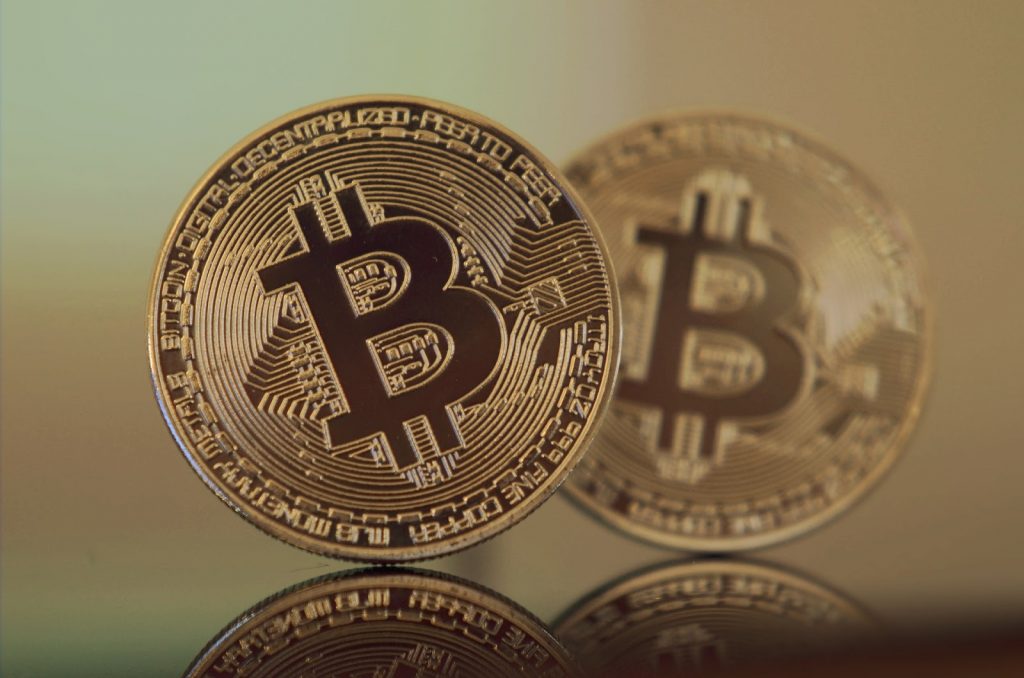
The effect of Blockchain on the global economy is an evolving movement that has brought it straight to the forefront through Bitcoin. A few people thought Bitcoin was either an odd hobby or even a pipe dream that would die out from the years to come. Today, though, the narrative is very different. You could see that Bitcoin is now becoming a legitimate opportunity for investing and is finding its way through the globe to have a severe impact.
When its price rose from about 572.3 USD in August 2016 to roughly 4,764.8 USD in August 2017, this common form of cryptocurrencies gained a lot of attention. With over 7.1 million active users, it accounts for nearly 64.01 per cent of the total volume of any cryptocurrencies since about 9 March 2019. In some instances, it may act both as embed security. This is, in a sense, an alternative solution to a global financial environment. Commercial banks, developers, states, and corporations have developed an interest in developing cryptocurrency throughout real-time.
Bitcoin In The Financial Economy:
Bitcoin has some money-authorized assets, and other conventional cryptocurrencies (gold, etc.) may not. It’s because it has the authority to control the world economy. For whatever excuse, it has long been established as digital money. Here are several unique characteristics of Bitcoin that may stimulate economic growth and offer an international financial innovation that is transforming the game:
Data Storage: There will be the only Bitcoin as a digital form, but there is no material existence or condition, just like a currency. It may, however, legally be placed in a digital wallet also. If you view it from portable platforms you usually use, this digital wallet can be quickly restored to use a seed word.
Security: These were planned to remove the risk of theft by rendering it a real-time transaction mechanism because Bitcoin is a decentralized cryptocurrency. However, it does not have outside actors or middlemen because you have absolute capabilities to resolve the properties and monitor them.
Portable Handheld: Bitcoin is conveniently “equipped to carry around” in comparison to conventional currencies or properties. It provides digital money that is portable, detachable, fungible and immutable.
Anonymity: No need to connect Bitcoin deposited throughout the digital wallet to every distinguishable data. So, it’s the reverse of conventional banks who realize most of their clients’ intentions or motives.
Methods Of Reimbursement:
Bitcoin is setting out to be quite a digital currency and a different form of finance, as stated above, which implies that it could be used as a payment method. Currently, Bitcoin is embraced by several businesses in different sectors as their legal source of finance.
How Bitcoin Is Changing The World Economy:
The Bitcoin tale is only just getting warmed up, but the financial economy is already being changed. In this matter, understanding how it can affect the global environment and demand shortly becomes essential. Here are some of the apparent implications of the financial economy of Bitcoin. Here are some other details about how bitcoin changed the world click here.
1) Shifts In Worldwide Investment:
Several investors are already introducing cryptocurrencies into investments, especially Bitcoin. This is most certainly that the distribution of bitcoins improves the odds of enhancing the fund’s upside.
2) Distinguishes The Dollar From The Transactions:
Cryptocurrencies do not require any connection with the dollar of the United States. Another opportunity to engage in the world market and, at the same period circumventing U.S. economic policy is presented to both the interested participants in a financial exchange. Although it might sound like a danger to the state that U.S. dollars function as the world economy’s national currency (which would be the primary source of U.S. world influence), it makes for further financial purchases.
3) Reduces The Need For Intermediaries:
Bitcoin as a whole has been uniquely built to facilitate, without any interference of any third party, friend payment commerce between financial institutions. In comparison to conventional currencies, it’s doesn’t require a broker or a take. Transactions are checked in a decentralized manner. This fact also rendered financial institutions nervous because it reduces the need for their operation. What’s more, it is much easier to transact via cryptocurrency since it does not have to move through several hands.
4) Facilitates Further Purchases Overseas:
Because many people still do not have a debit card in countries worldwide with low economies, Bitcoin is useful for integrating them with the global network economy. In this way, individuals residing in traditionally less developed nations can interact with an online business. All that is required to allow transfers anywhere else in the world is indeed a digital wallet.


